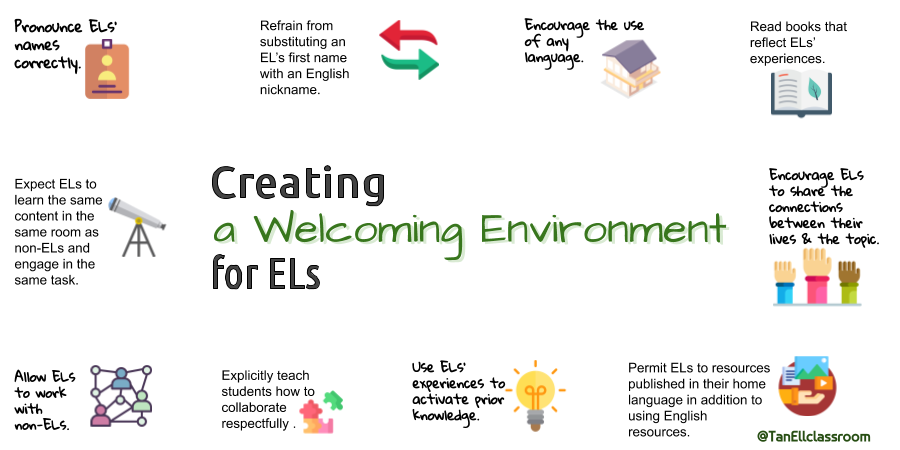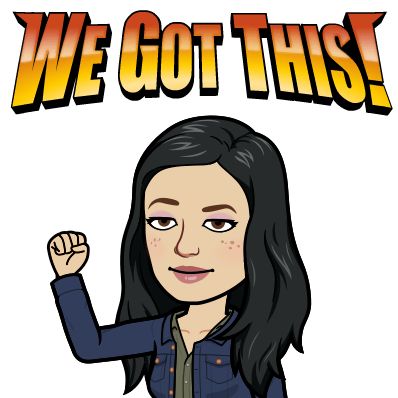Reminders:
Monday, November 9th 9am: At Home ELL teacher meeting
Saturday, November 14th 3-4pm: Burnaby Public Library Group Chat Group Chat is a program for newcomer youth who want to meet other youth and practice speaking English. We will play games, connect, and discuss an interesting topic in a fun and friendly online group setting. Encourage your students to email teenservices@bpl.bc.ca for the zoom link.
Tuesday, November 17th, 1-3pm: Elementary ELL meeting: We will welcome speakers from the Burnaby Public Library. Zoom link will be sent out closer to the date.
Saturday, November 28th 3-4pm: Burnaby Public Library Group Chat Group Chat is a program for newcomer youth who want to meet other youth and practice speaking English. We will play games, connect, and discuss an interesting topic in a fun and friendly online group setting. Encourage your students to email teenservices@bpl.bc.ca for the zoom link.
Every Teacher is A Language Teacher
Helping Students Listen and Understand
Think about your students and their English abilities. If you were speaking to them individually, you probably automatically change your speech. You may slow your speed, use shorter sentences, or simpler vocabulary to make yourself understood. However, teachers often forget these adaptations when they are speaking to an entire class. If you have English learners in your class, these tips might help them understand more:
1) avoid idioms: these are complicated as they don’t always have concrete definitions.
2) repeat and paraphrase: all students benefit from this, but it is essential for ELs.
3) use “subject verb object” sentences: The most common English structure is the easiest one to understand.





